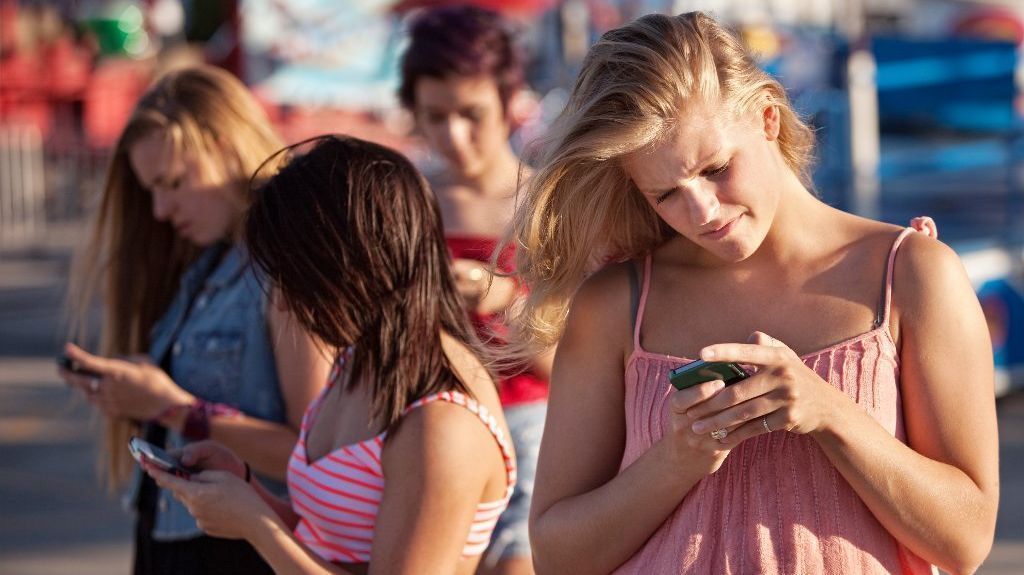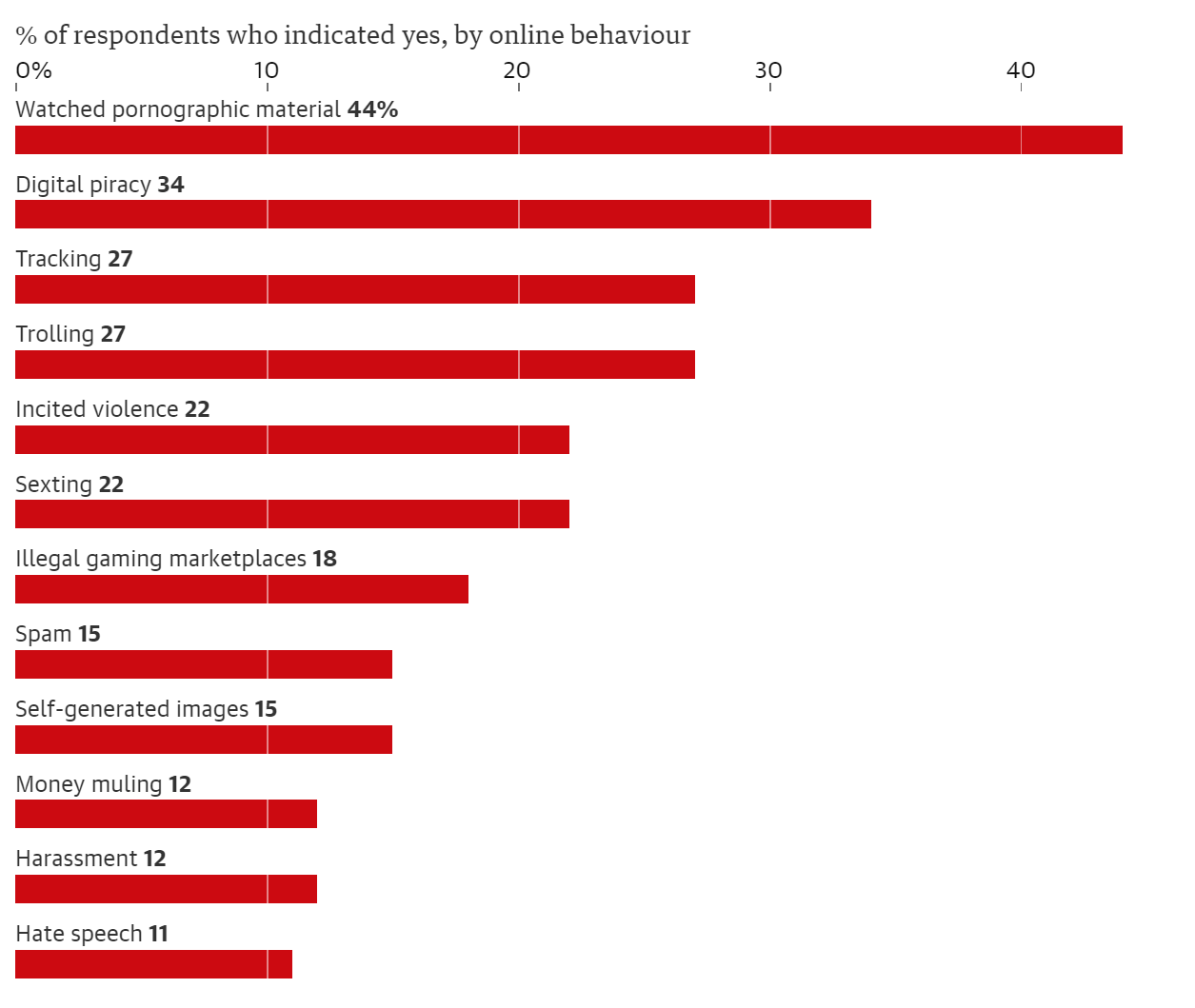A hot potato: Has a generation that grew up with the internet become normalized to risky, delinquent, and criminal online behavior? A new study among young people suggests this is the case, with just under half of participants admitting to conduct that could be considered illegal in most regions.
As reported by The Guardian, the EU-funded study carried out in collaboration with the cybercrime center at Europol covered 8,000 people in the 16-19 age group in nine European countries.
Digital piracy was a widespread practice that one in three survey participants admitted to. Elsewhere, one in four said they had tracked and trolled people online, one in eight have engaged in online harassment, and one in 10 have engaged in hate speech or hacking.
Other criminal activities the teens admitted to include posting revenge porn and hate speech, non-consensual sending of intimate images, and money muling, which involves receiving money from a third party and passing it on for a commission. More than 90% of these transactions are linked to cybercrime, meaning the mule is an accomplice as they are laundering the proceeds of the crimes.
Almost three-quarters of males admitted to some form of cybercrime or online risk-taking. The figure was slightly lower among females (65%). Forty-four percent of people said they had watched online pornography.
"The research indicates that a large proportion of young people in the EU are engaging in some form of cybercrime, to such an extent that the conduct of low-level crimes online and online risk-taking has become almost normalised," said Julia Davidson, a co-author of the study and professor of criminology at the University of East London (UEL).
Looking at how long the participants spent online, half said four to eight hours per day, while four out of ten said more than eight hours per day, mostly on their phones. As we saw in a different survey back in August, YouTube remains the platform of choice for teenagers. Instagram, WhatsApp, TikTok, and Snapchat were also popular. Facebook, it seems, is earning its reputation as a social media platform for "older people."
Of the nine countries in the survey, Spain had the highest proportion (75%) of participants admitting to a mix of criminal and risky behavior. The UK was lowest with 58%. The country sees its online safety bill return to parliament this week, which requires tech companies, possibly including OnlyFans, to protect their users from illegal content such as child abuse images and "legal but harmful" content.

